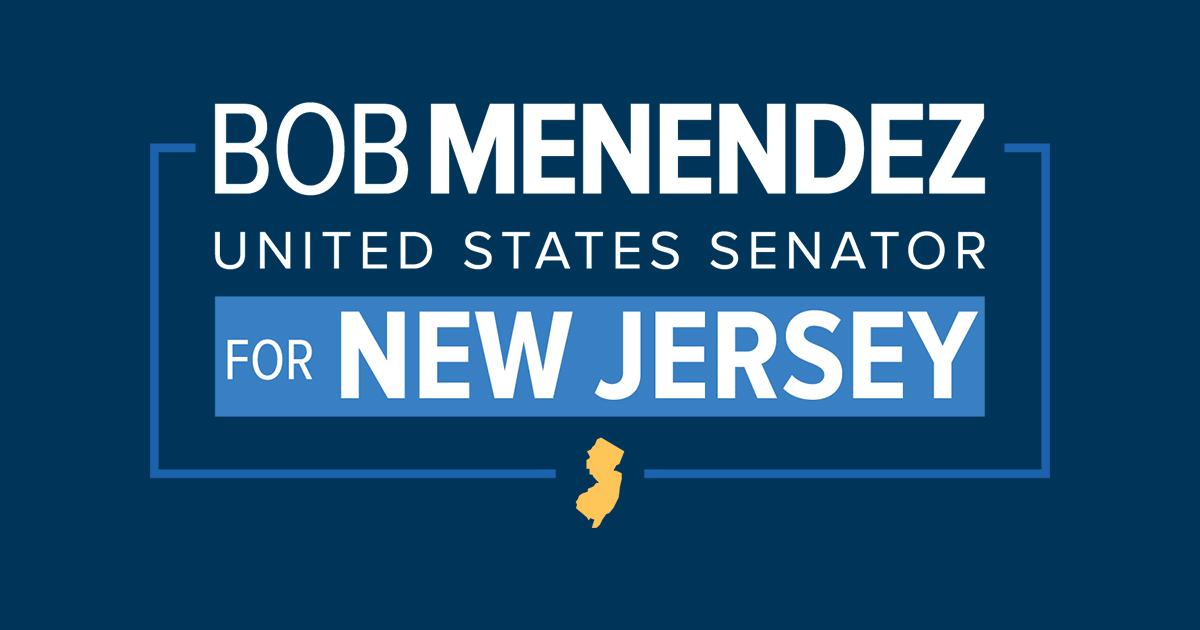Source: United States Senator for New Jersey Bob Menendez
WASHINGTON, D.C. – U.S. Senator Bob Menendez (D-N.J.), a senior member of the Senate Finance Committee, today questioned U.S. Treasury Secretary Janet Yellen about the long-term economic cost of leaving the trauma of unabated gun violence unaddressed in communities and schools across America.
“Madam Secretary, our country is suffering from a mass shooting epidemic. This year alone there have been more mass shootings than days in the year…including Robb Elementary School in Uvalde, Texas, where 19 children were killed in cold blood in their classroom along with two teachers by an assault rifle,” said Sen. Menendez. “According to the Washington Post, more than 311,000 children at 331 schools have experienced gun violence at school since the 1999 Columbine shooting. After decades of Republican obstruction to Democratic efforts to address this epidemic of school shootings, we are learning the long-term cost of this trauma. Researchers at Northwestern University found that students who are survivors of gun violence at school are less likely to graduate high school and they are less likely to attend and/or graduate from college. These survivors are also less likely to be employed as adults than their peers, and if they are employed, they are likely to earn less over the course of their lives.”
In responding to Sen. Menendez, Sec. Yellen reiterated her horror at the gun violence seen over the recent weeks and over far too many years, and emphasized that there is a large body of existing literature in economics that “documents that events that take place in early life in childhood can have a lifelong impact on life outcomes, on labor market outcomes, on psychological well-being and so it only stands to reason that the threat of violence in schools from learning…and has a negative impact on these individuals and our economy. I don’t know the aggregate size of that is but it certainly has a negative impact.”
[WATCH FULL QUESTIONING HERE]
Sen. Menendez also pressed Sec. Yellen about a Washington Post report on the Biden Administration considering cancelling $10,000 of federal student loan debt, per borrower, for individuals with incomes under $150,000, and highlighted the economic consequences for student borrowers if the Administration were to simultaneously require interest and payments to resume at the end of August when the current pause on student loan payments is set to lapse.
“The Consumer Financial Protection Bureau issued a report in April of this year finding that 15 million borrowers or 60 percent of all borrowers that have had their loans on pause since March 2020 may have difficulty resuming their student loan payments when the pause is over,” the Senator added. “…People that are called to pay and cannot pay and then default, that [would have] a real consequence…in their lives it [would have] a real consequence to our overall economy. That’s why we’ve been urging the President to seriously consider loan forgiveness.”
The Senator lastly asked Sec. Yellen if she agreed that the federal SALT deduction is an important tool to reduce the effects of regressive tax policy through property tax relief for Black and Hispanic homeowners who on average face a 10 to 13 percent higher property tax burden when compared to similarly situated White homeowners.
###
